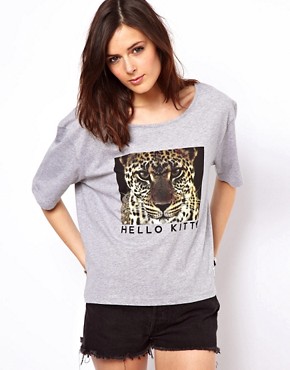Even if you have never heard of Isabel Marant, you will almost certainly have worn something inspired by one of her collections. She designs the kind of clothes that you can throw on and rush out of the door, but still look chic in. In a recent interview with The Telegraph, she didn't shy away from spurning those who copy her designs.
Perhaps her most famous creation of late has been her unique take on the wedge trainer, which has been copied incessantly for months. But Marant believes that "everybody who has the wrong one looks quite bitchy, very vulgar, when mine are not at all." Something to bear in mind when you're thinking about buying that £30 pair of dupes.
Isabel Marant fights counterfeiting constantly, and there's even a page on the brand's website dedicated to ensuring customers don't accidentally buy fake items. Copied and counterfeit goods have a huge negative impact on designers, not only financially, but also creatively. Marant points out that "as soon as you have an idea it's copied and you don't like it in a minute."
How do you feel about counterfeit goods? Would you rather save up for a pair of Bayleys, or buy a fake pair and five other pairs of shoes?
Bemsy x





